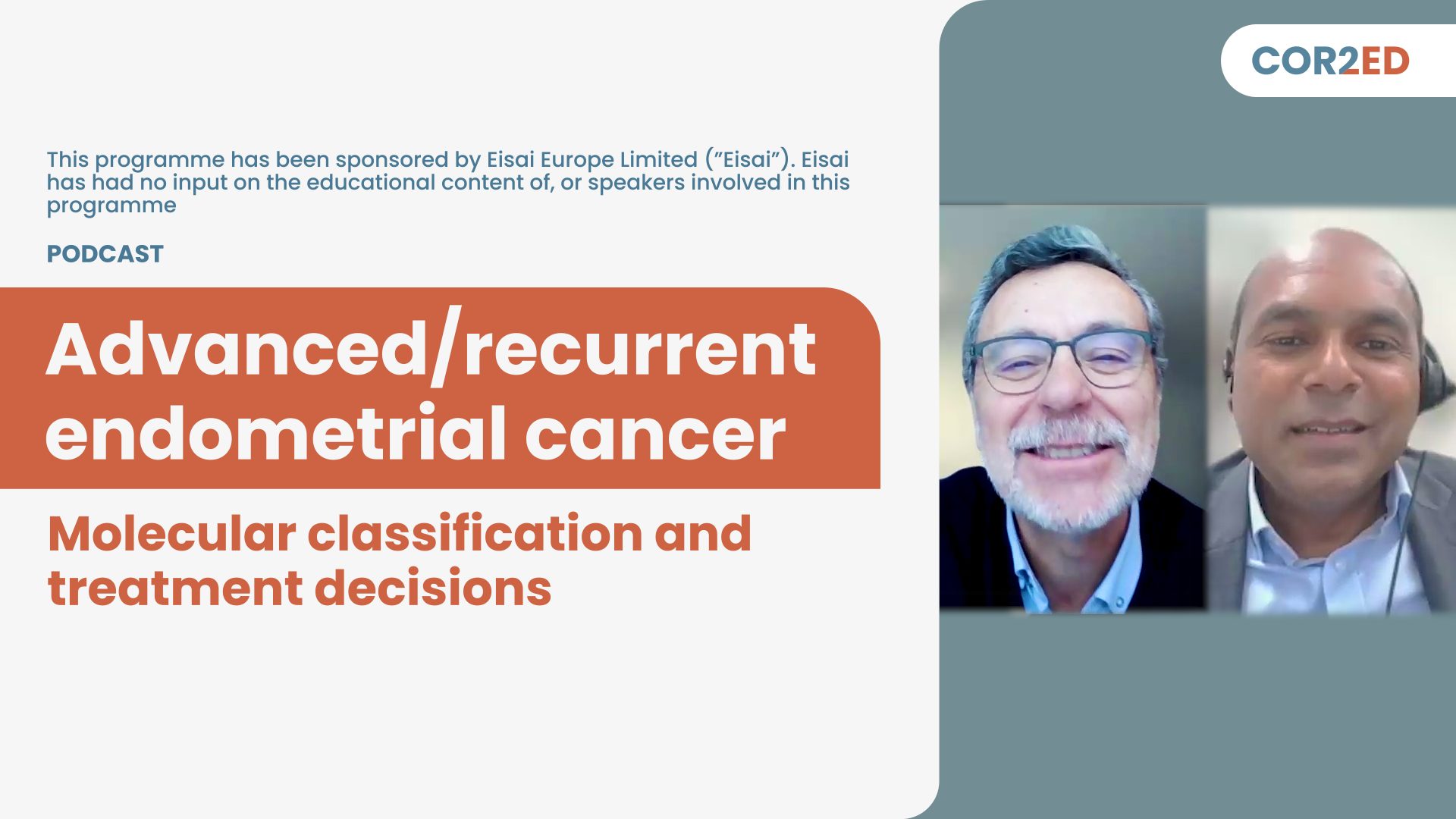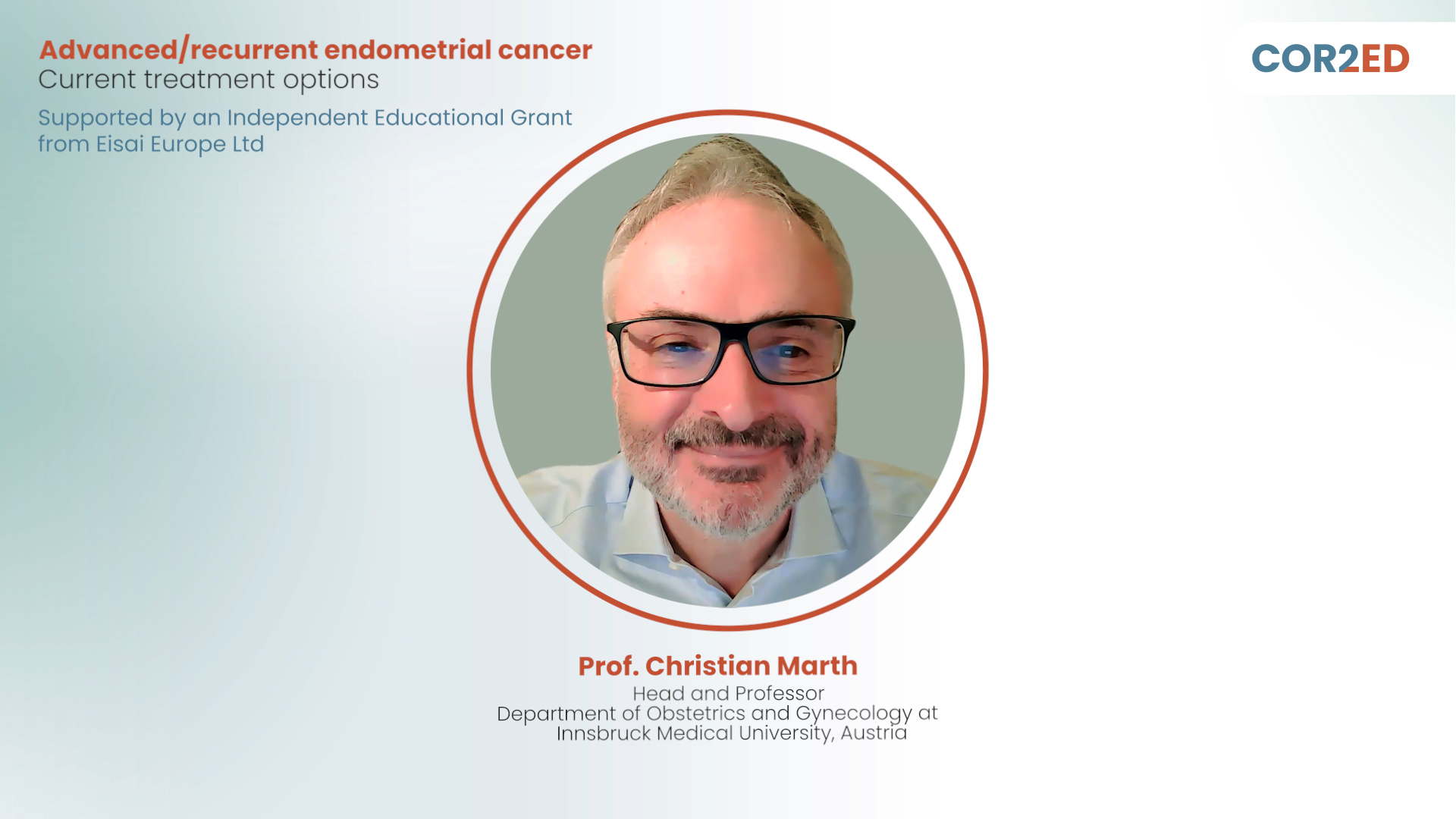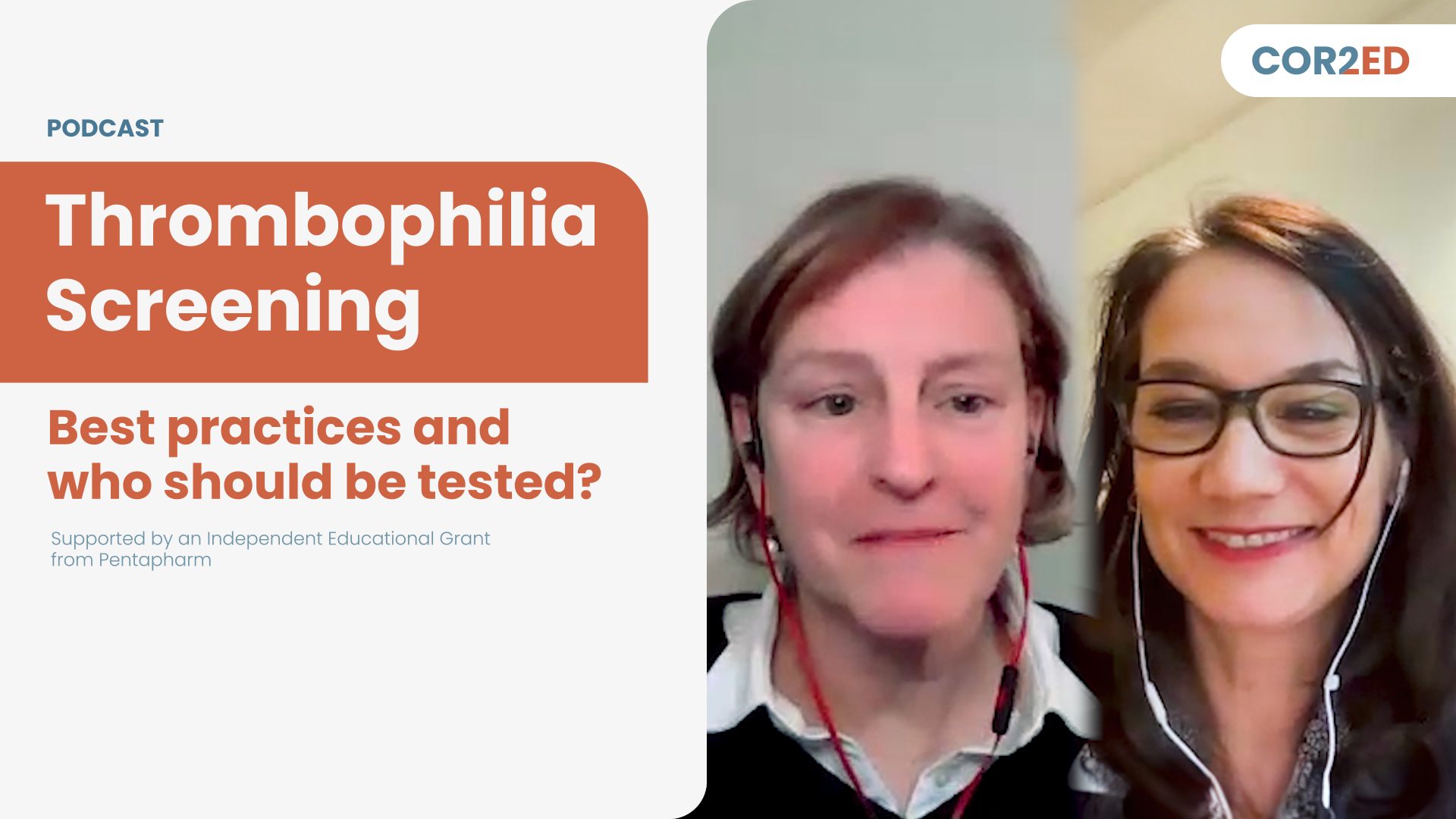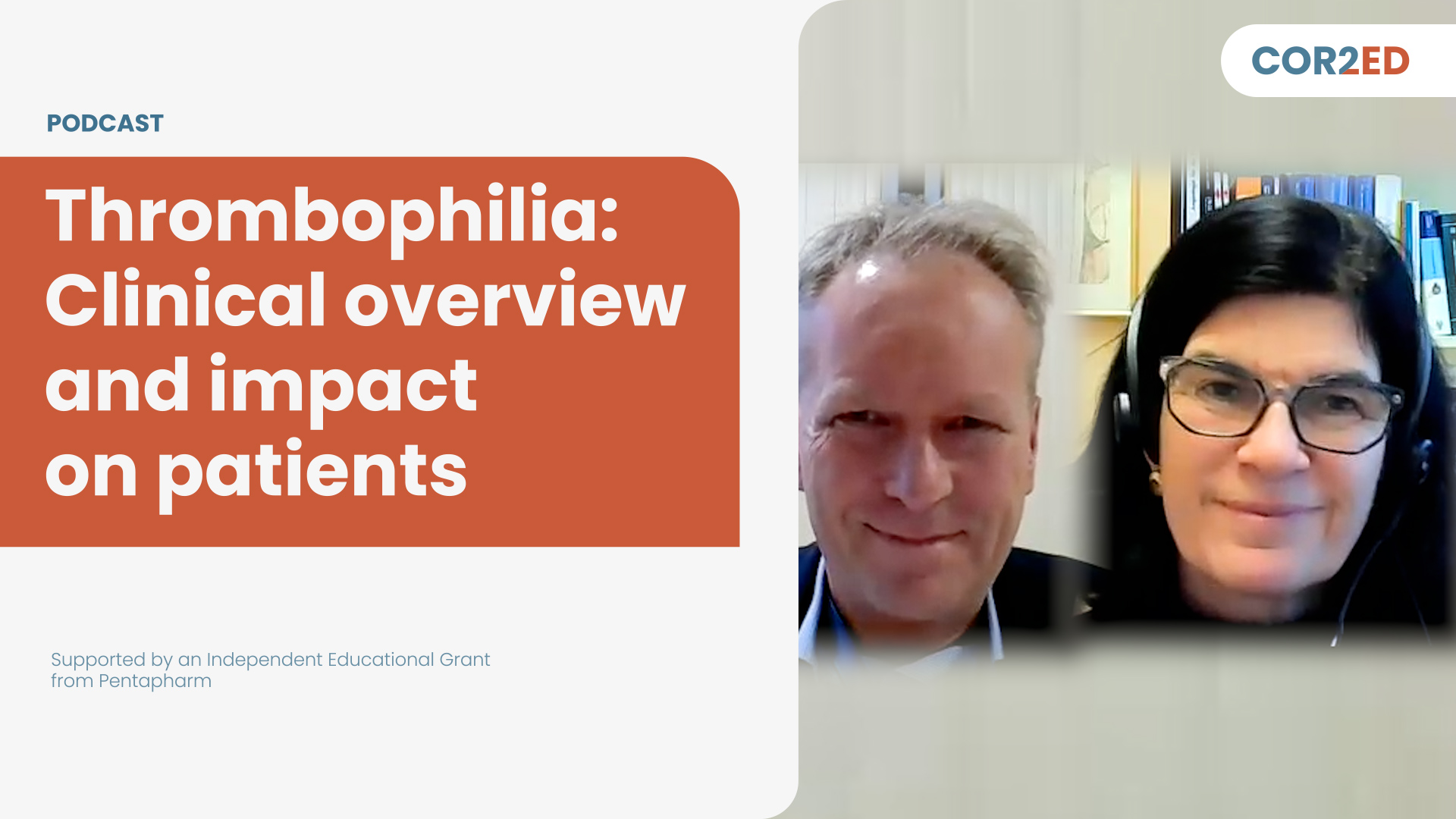Prof. Andra H. James
I'm Dr. Andra James. I'm an obstetrician gynaecologist and specialist in maternal fetal medicine. I've spent my career caring for women with blood disorders and managed many postpartum haemorrhages. I am delighted to be here with my colleague, Dr Maria Elisa Mancuso.
Dr Maria Elisa Mancuso
Thank you, Andra. It's my pleasure to be here with you today to discuss this important topic. I'm a haematologist by education and I'm a Senior Haematology Consultant at IRCCS Humanitas Research Hospital in Milan, Italy. I usually take care of patients with congenital bleeding disorder of any type. However I'm in charge of also acquired bleeding disorder as these can happen in any part, let's say, of the clinic. I mean, in any hospital, surgical patients and obstetrical patients, gynaecological patients may have some problem with haemostasis, and that's where an expert in benign haematology, not oncology haematology, I jump in as a consultant sometimes. So very happy to be here with you to discuss this interesting topic.
Prof. Andra H. James
Thank you. Postpartum haemorrhage is the leading cause of maternal mortality and maternal mortality is the leading cause of death in childbearing age women worldwide. This is an opportunity to make a difference in people's lives. Postpartum haemorrhage is so devastating to families when it occurs. I've been witness to postpartum haemorrhage where women didn't survive. It's profound. It's traumatic. It's heart-breaking. But over the years I've seen us make headway in our ability to manage postpartum haemorrhage and we have made headway in those cases that devolve into coagulopathy, which is the final common pathway to mortality. And we've done it with the help of our experts in haemostasis and our haematologists.
Dr Maria Elisa Mancuso
Yeah, I do agree. I mean, postpartum haemorrhage is really a critical problem in medicine for women who experience, I have to say from my standpoint as a haematologist that it is important to raise awareness about this because this is not only a gynaecological problem. So we should be aware that sometimes we can rescue and solve the problem putting together our knowledge. So it's important to address this topic from our two standpoints because our collaboration is key in some women to really address this problem and to solve completely the problem that, as you told us, can be something that can lead to high mortality.
So maybe I can ask you as an expert, which are the frontline aspects of severe postpartum haemorrhage? So what are the causes and how you assess the risk of a woman in this area? But first, maybe can you give us a definition of what is for you as severe postpartum haemorrhage?
Prof. Andra H. James
Well, the definition of severe postpartum haemorrhage is variably defined. The most inclusive definition is any postpartum haemorrhage of 1000ml or more, but we encounter that not uncommonly. Other definitions have been more strict and have used the blood loss of 2500ml. Other definitions have used the necessity for surgical interventions. Other definitions have used the requirement for blood transfusions, and others have included the need for intensive care. But a very good definition is the need for blood product replacement, and I'll sort of keep that in mind.
In terms of the causes, more than 80% of the time, the causes are obstetrical, meaning they derive from the uterus. Either the uterus is failing to contract, which is most often the case, or there are retained products of conception in the uterus. About 20% of the time, the reasons are surgical, either lacerations or incisions or a ruptured viscus. And rarely is the underlying reason due to a defect in coagulation. But if the haemorrhage proceeds long enough, invariably we will see defects in coagulation, which will complicate our ability to manage it.
Dr Maria Elisa Mancuso
Can you envision women which are maybe at higher risk than others to incur in the PPH?
Prof. Andra H. James
So we assume and must assume all women are at risk because some of the worst haemorrhages occur in women who have no ostensible risk factors, but things like women who have an enlarged uterus because of twins, women who have an abnormal placentation, either placenta previa or some form of the placental accreta spectrum. Obviously they are at increased risk, women who may have a pre-existing bleeding disorder, women who have a history of postpartum haemorrhage. They're all examples of women who are at greater risk than the average woman.
Dr Maria Elisa Mancuso
Considering what you just mentioned. Do you have a user-friendly tool to assess the risk that you can use in the clinic?
Prof. Andra H. James
There are various checklists or protocols that have been published, and we have one at our institution, Duke University, that has been adapted and it has also been stratified by severity of haemorrhage, and it meshes with our massive transfusion protocol for obstetrics.
I think that you've raised an important point, and that is that having a standardised approach to postpartum haemorrhage is essential for a good outcome.
Dr Maria Elisa Mancuso
I see. Thank you very much. This has been very helpful.
Prof. Andra H. James
Now there are situations where haematologic expertise is required. We've exhausted all of our usual interventions and like I said, postpartum haemorrhage can arise in unexpected circumstances, and also, half of all pregnancies become high risk at the time of delivery. Are there situations where you've been called at the time of delivery or needed to assist your colleagues in the delivery suite with a complicated patient?
Dr Maria Elisa Mancuso
Yes, indeed. I mean, sometimes I think that we are involved less than what is really needed, because sometimes we are just called when everything has been done. In the vast majority of cases when we are called, or personally I have been called, are involved in the management of such women, is one of the colleagues do not envisage any obstetrical causes and they cannot explain under their point of view, the PPH, or also when somehow there is complete unresponsiveness to the obstetrical protocols that they already put in place to solve the problem. So in that case, they start thinking about maybe a haematologic cause, especially involving haemostasis, so that haemostasis may have a major role in severe PPH.
But in my opinion, sometimes we are called a little bit late. So we always claim for being involved a little bit earlier in the process. So I just ask you, when do you decide that you need a haematologist on board? So at what point do you reach out to a haematologist? Or at least who makes the decision to involve the haematologist in the process?
Prof. Andra H. James
Well, I have to agree with you that we probably call the haematologist or the blood banker, perhaps too late. But in fact, over the course of my career, I can see though, that we have developed an increasing awareness that there may be a haematologic reason for the haemorrhage or certainly contributing to the haemorrhage, and that it is not all obstetrical or surgical.
Ideally, the obstetrical personnel recognise when a haemorrhage is not responding to conventional obstetrical and surgical interventions and additional help is needed. The midwife will call the obstetrician. The obstetrician will call the anaesthesiologist if he or she has not been called already. The services of the blood bank and potentially the blood banker or transfusion medicine physician may be required and may be called. And the haematologist is not usually called when a post-partum haemorrhage is diagnosed, but may be called when the situation becomes relatively worse, such as a massive haemorrhage that becomes coagulopathic and is not responding to tranexamic acid, massive transfusion protocol, plasma, cryoprecipitate, fibrinogen concentrate, etc. and we may need the insight of the haematologist. Furthermore, I think that haematologist is very helpful in helping us plan for the future by helping us establish protocols that employ haematological insights.
Dr Maria Elisa Mancuso
Yes, you know, maybe the results also something that we can add because sometimes maybe we don't have the solution just at first sight, but for sure knowing well the haemostasis or being a little bit more involved in the process of haemostasis, we can maybe have an idea on underlying diseases that can be related to that specific case of PPH.
And then just mentioning the congenital bleeding disorder, because usually in congenital bleeding disorders, maybe we should have a plan before delivery. However, there are some conditions where maybe knowing well and having a deep insight in the haemostasis, we can even suspect that that pathway in coagulation is involved more than another one. I mean, like primary haemostasis more than secondary haemostasis, and our intervention may help in impinging upon the process and maybe stopping the process at a certain point.
So I think that the role of haematologists is to implement and maybe also improve the protocols. I think they are pretty much good because sometimes what we do together with the gynaecologist is already pretty much standard. But at some point, we can introduce some variance based on what we see in the woman and maybe suspect that a pathway rather than another is affected in that specific case.
But if I may ask about your direct experience, so your experience in collaboration with haematologists in specific cases in PPH. So you think that we can somehow impinge upon specific steps when you have a severe PPH case. Maybe you can share with us your experience with that?
Prof. Andra H. James
Yes, I think if there's one lesson we've learned from our haematological colleagues, it's that we need to consider the introduction of haemostatic treatments much earlier, such as tranexamic acid, factor replacement, recombinant factor VII. We need to consider that introduction much sooner than we have in the past or had in the past.
So one case that comes to mind, it's been a while ago, but the help of the haematologist was absolutely essential. We had a patient who had no history of any underlying bleeding disorder. She was 32 weeks’ gestation. She had a known placenta previa. She ingested cocaine and came into the hospital with signs of placental abruption. She was bleeding. She was taken urgently to the operating room where she underwent a caesarean delivery. And as she began to bleed uncontrollably, she failed conventional surgical therapy, including hysterectomy, and then failed conventional haemostatic therapy, including factor replacement with plasma and cryoprecipitate. And we brought in one of our haematology colleagues, and we gave the patient recombinant FVII with remarkable success in her case. But I think that it was the combined insights of our haematology colleague and the team that had been caring for her that made the difference.
Dr Maria Elisa Mancuso
You know, this is very interesting because a recombinant factor VIIa is being used as, let's say, a universal haemostatic agent. But indeed, if we think about what you just mentioned in that case, there are some parts of haemostasis which are not just factor deficiency. In this case, you know, you mentioned the use of cocaine and you have a sort of DIC in this patient. So, you know, sometimes also endothelium activation, endothelial damage, it's something that also is included in the process and the thrombin burst that you may give on the other side with the recombinant factor VIIa it's something that counterbalance the consumption that you might have in some cases without having necessarily an underlying deficiency, specific deficiency of a factor. I mean this patient may have consumption of all factors and not just replacing factor VII you can rescue. But the point is that with factor VII you can really enhance the coagulation pathway at large by increasing the thrombin generation and maybe this was then the winning card precisely in this case.
Just to mention, maybe in some cases we don't think about, we just use plasma, cryo or some clotting factor concentrate. But we also should take into account that there are some acquired platelet function defects that may increase the blood amount that is lost by those patients. So also platelet disorders should be taken into account. They are not only congenital. They can be acquired for many reasons. So maybe, you know, thinking all together from both perspectives may be really of help for patients and women with PPH.
And what about women with underlying congenital bleeding disorder? You have some specific case that you want to share with me?
Prof. Andra H. James
Almost always we plan for the delivery with our haematology colleagues and our anaesthesia colleagues, and we have a plan in place to manage the bleeding risks and provide prophylaxis if necessary at the time of delivery. But there was a challenging patient who came in a number of years ago who had been diagnosed with von Willebrand disease at another institution. She had not sought regular prenatal care for socioeconomic reasons. She showed up at our institution for delivery and had a postpartum haemorrhage that was very difficult to manage. She was ultimately successfully managed, and as it turns out, she was later confirmed to have Type III von Willebrand disease, which had not been elucidated before she presented for delivery of her child and had this massive postpartum haemorrhage. So we certainly needed the expertise of our haematology team to help sort out what was going on with this patient, how to stabilise her and manage her in the future.
Dr Maria Elisa Mancuso
I see this is interesting. I mean, usually women with congenital bleeding disorders should really have a plan well before arriving at the delivery date. But I mean, your experience tells us that it's possible that diagnosis is made at the time of delivery. So in this case, I think our collaboration is really valuable for the patient. Anyhow, of course, if the diagnosis is already there, we cannot exclude that the woman will experience PPH, but on the other side, knowing well, which is the diagnosis, we could be, let's say, more ready to provide the best haemostatic treatment in that case. So again, to underline that we should speak and maybe plan together also the approach to those women.
Prof. Andra H. James
We appreciate that so much. We rely on our haematology colleagues to help us plan for those deliveries, but we also rely on our haematology colleagues to help us manage that complex coagulopathy that can sometimes complicate postpartum haemorrhage, help us manage patients with underlying bleeding disorders and investigate underlying bleeding disorders in patients who have experienced postpartum haemorrhage, but also help us put in place protocols that are helpful in the management of future patients.
Dr Mancuso, do you have any key takeaways and would maybe like to add any final words?
Dr Maria Elisa Mancuso
You know, I would say that just claiming for us haematologists that our collaboration should be always taken into account and maybe we should be called on board, let's say earlier sometimes because sometimes we need also to investigate what's going on and then just to prescribe rescue treatment. So don't call us just to have another drug to be administered to the woman, but maybe we can investigate what's going on, to choose and to pick up the best approach for that specific woman.
The other point for me is that in the presence of underlying bleeding disorder, it is important to not only to diagnose, not only to have a plan, but also to follow up those women, because sometimes the bleeding disorder that we diagnose even before or during delivery, may give problems also in the postpartum period. So our collaboration should start before, should continue during, but also persist during the follow up of those women. And what about your takeaways?
Prof. Andra H. James
Well, I would like to underscore everything you just said. And for me, it's a chance to remember that postpartum haemorrhage is not always going to respond to the interventions of the obstetrician. The haematologist has a key role, not only in the management of those cases of complex coagulopathy, but also the management of patients with underlying bleeding disorders and in the investigation of underlying bleeding disorders in patients who have experienced postpartum haemorrhage and then again in the development of protocols for the haemostatic treatment of postpartum haemorrhage in the future.
Well, I can't thank you enough for being willing to see these patients and help us take care of them. It's essential for their survival. I can't thank you enough and thank you for participating in this podcast with me. I've so enjoyed it.
Dr Maria Elisa Mancuso
Thank you so much. This was really a pleasure.
Prof. Andra H. James
Thank you for our audience. We are grateful for our listeners and thank you for tuning in.

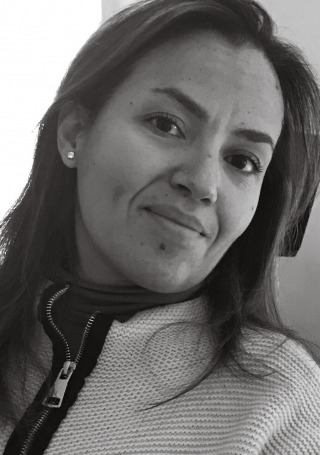


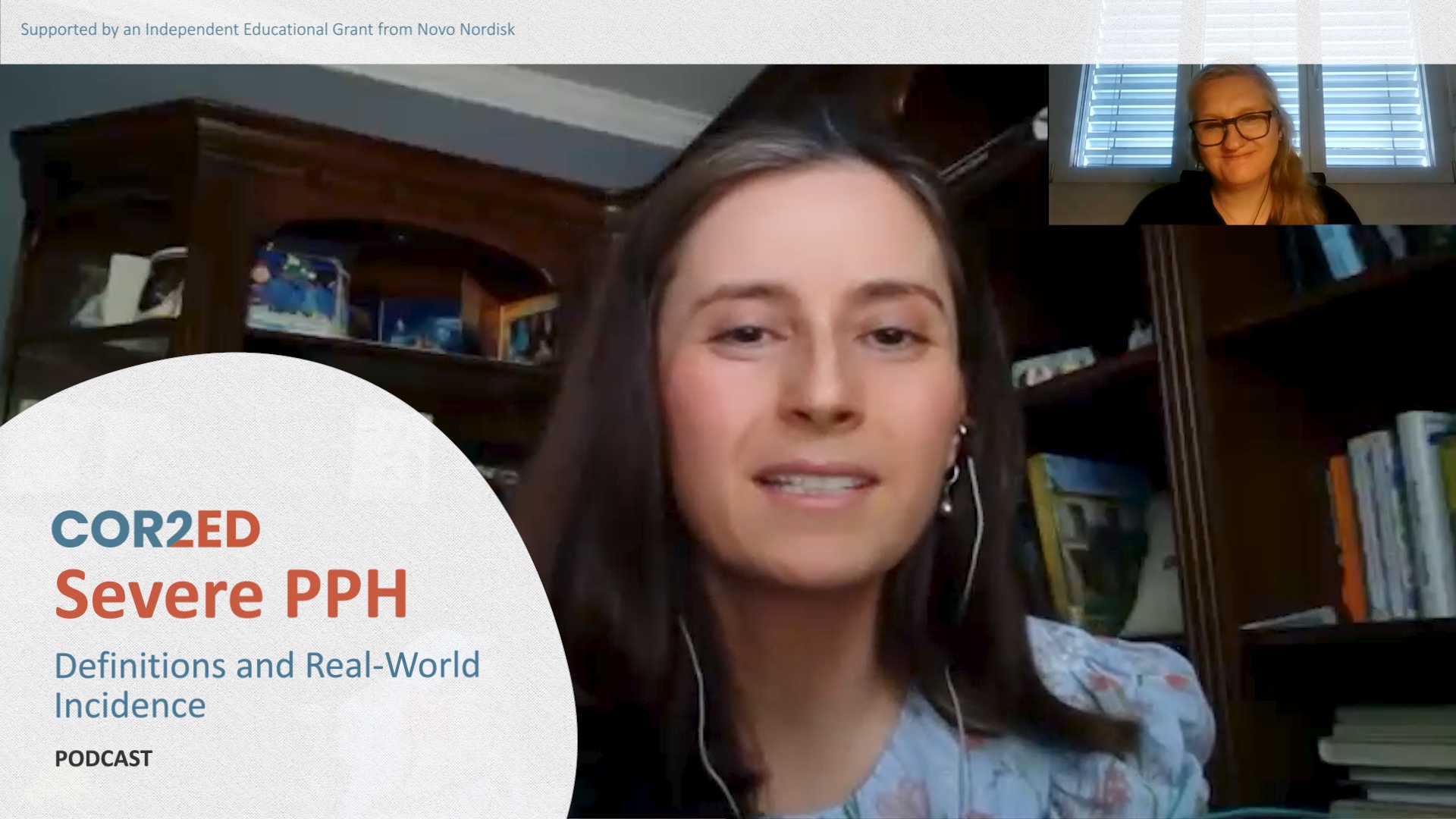

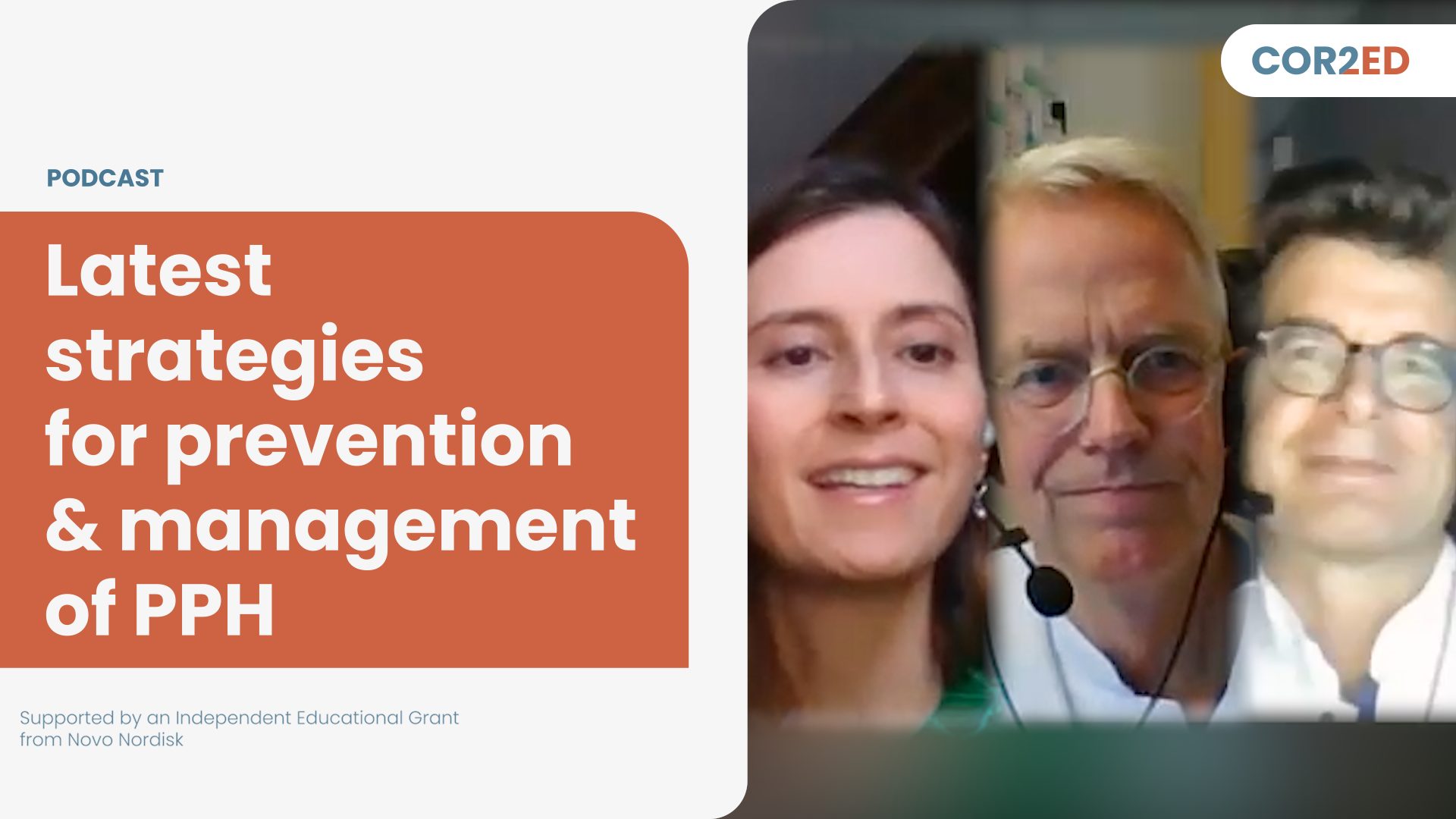



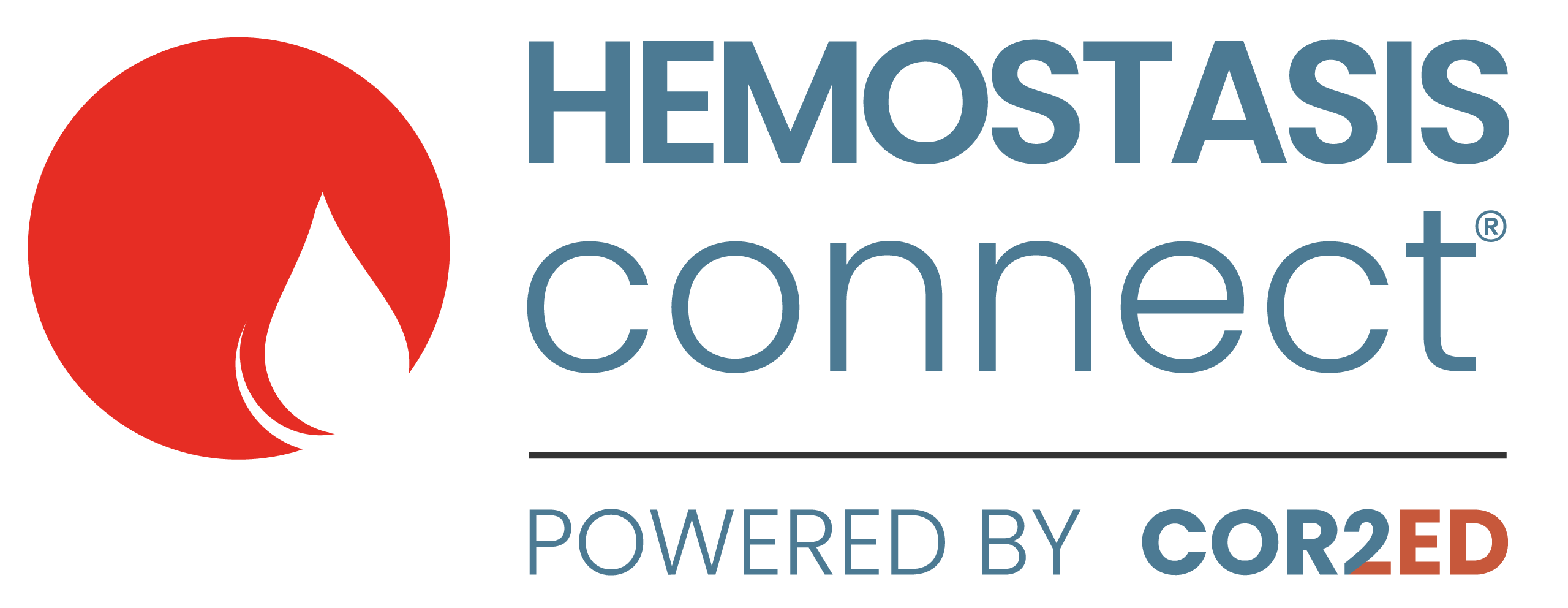


 Downloadable
Downloadable  6 MIN
6 MIN
 Dec 2025
Dec 2025 
